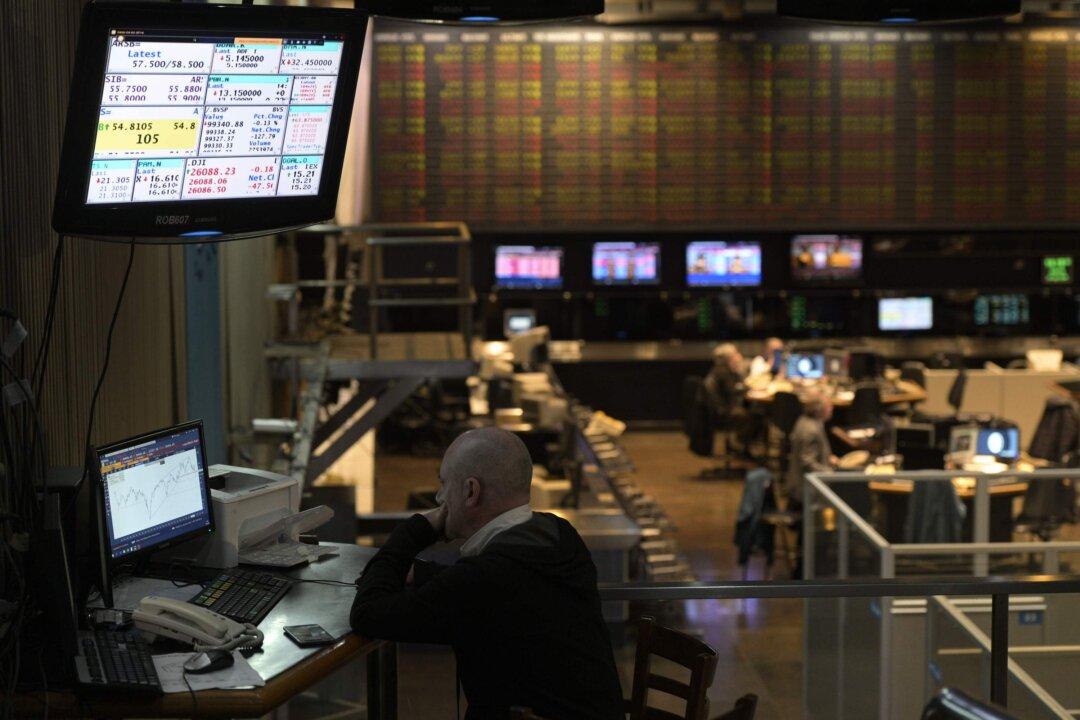News Analysis
With the IMF’s $56 billion loan issued to Argentina less than a year ago nearing default, China’s $17 billion to Argentina and $140 billion total debt to Latin America is at risk.

With the IMF’s $56 billion loan issued to Argentina less than a year ago nearing default, China’s $17 billion to Argentina and $140 billion total debt to Latin America is at risk.